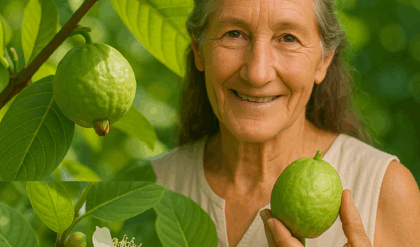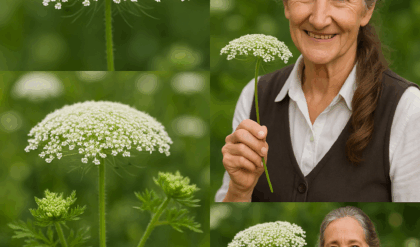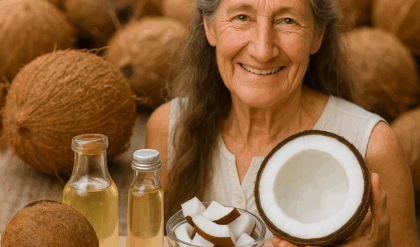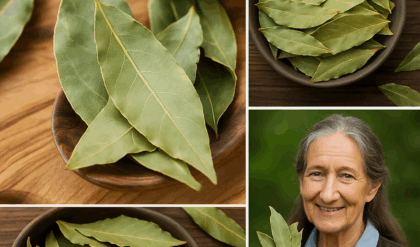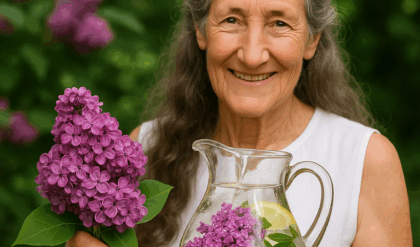Dandelions (Taraxacum officinale), often dismissed as weeds, are vibrant, nutrient-rich plants bursting with culinary, medicinal, and ecological value. Far from mere lawn pests, their golden blooms, bitter leaves, and earthy roots offer a wealth of uses, from soothing teas to eco-friendly dyes. For adults aged 45–65 seeking sustainable, natural ways to boost health, support local wildlife, or spark creativity, dandelions are a foraged treasure. Explore 20 compelling reasons to embrace dandelion flowers, along with practical tips and precautions to make the most of this sunny gift from nature.
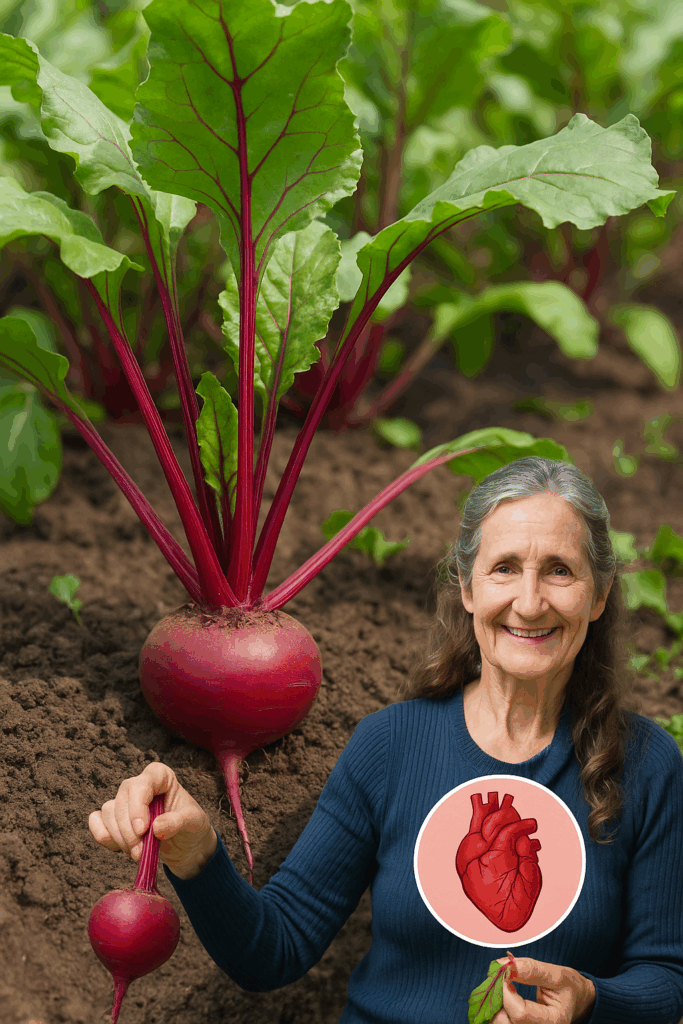
Why Dandelions? A Nutritional and Ecological Gem
Dandelions are a powerhouse of vitamins A, C, E, K, and B-complex, plus minerals like magnesium, iron, and calcium. Their antioxidants, including beta-carotene and polyphenols, combat inflammation and oxidative stress, supporting overall wellness. Beyond human health, dandelions are vital for pollinators like bees and provide food for wildlife, making them a cornerstone of sustainable gardening. Their versatility—used in teas, salves, wines, and more—makes them a must-have for herbal enthusiasts and eco-conscious individuals.
Identifying Dandelions
🌼 Appearance: Bright yellow, composite flowers; jagged, toothed leaves (hence “lion’s tooth”); hollow stems with milky sap.
🌱 Growth: Perennial, thriving in lawns, fields, and disturbed soils; blooms spring to fall.
⚠️ Note: Beware look-alikes like cat’s ear (Hypochaeris radicata), which have hairy leaves and lack dandelion’s medicinal properties. Confirm identification with a foraging guide.
20 Creative and Beneficial Uses for Dandelion Flowers
Dandelion flowers, sweet and rich in vitamin A, shine in culinary and medicinal applications. Harvest on sunny days from pesticide-free areas, removing bitter green sepals for most recipes. Here are 20 ways to use them:
1. Dandelion-Infused Vinegar: Steep flowers in apple cider vinegar for 4 weeks. Strain and use as a digestive tonic or salad dressing. (1 cup flowers, 2 cups vinegar)
2. Honey and Dandelion Blend: Infuse flowers in raw honey for 2–4 weeks. Use in teas or as a spread for an immune-boosting treat. (1 cup flowers, 1 cup honey)
3. Dandelion Syrup: Simmer 2 cups flowers with 2 cups water and 1 cup sugar/honey for 30 minutes. Strain and bottle. Drizzle on pancakes or yogurt.
4. Pickled Dandelion Buds: Pick unopened buds, brine in vinegar, salt, and spices for 1–2 weeks. Use like capers in salads or garnishes.
5. Dandelion Jelly: Steep 4 cups flowers in 4 cups boiling water for 1 hour. Strain, add sugar and pectin, and can for a vibrant spread.
6. Dandelion Pancakes/Cupcakes: Add ½ cup petals to batter for a floral, vegan-friendly twist. Bake as usual for a sunny treat.
7. Dandelion Petal Ice Cream: Mix 1 cup petals into a custard base before freezing. Enjoy a creamy, spring-inspired dessert.
8. Dandelion Tea: Steep 1 tablespoon fresh petals (or 1 teaspoon dried) in 1 cup hot water for 5–10 minutes. Drink for relaxation or digestion.
9. Homemade Dandelion Soda: Ferment 2 cups flowers with a ginger bug starter, sugar, and water for 3–5 days. Bottle for a fizzy, kid-friendly drink.
10. Dandelion Tincture: Soak flowers, leaves, and roots in 40% alcohol for 4–6 weeks. Strain and take 10–15 drops daily for liver or immune support.
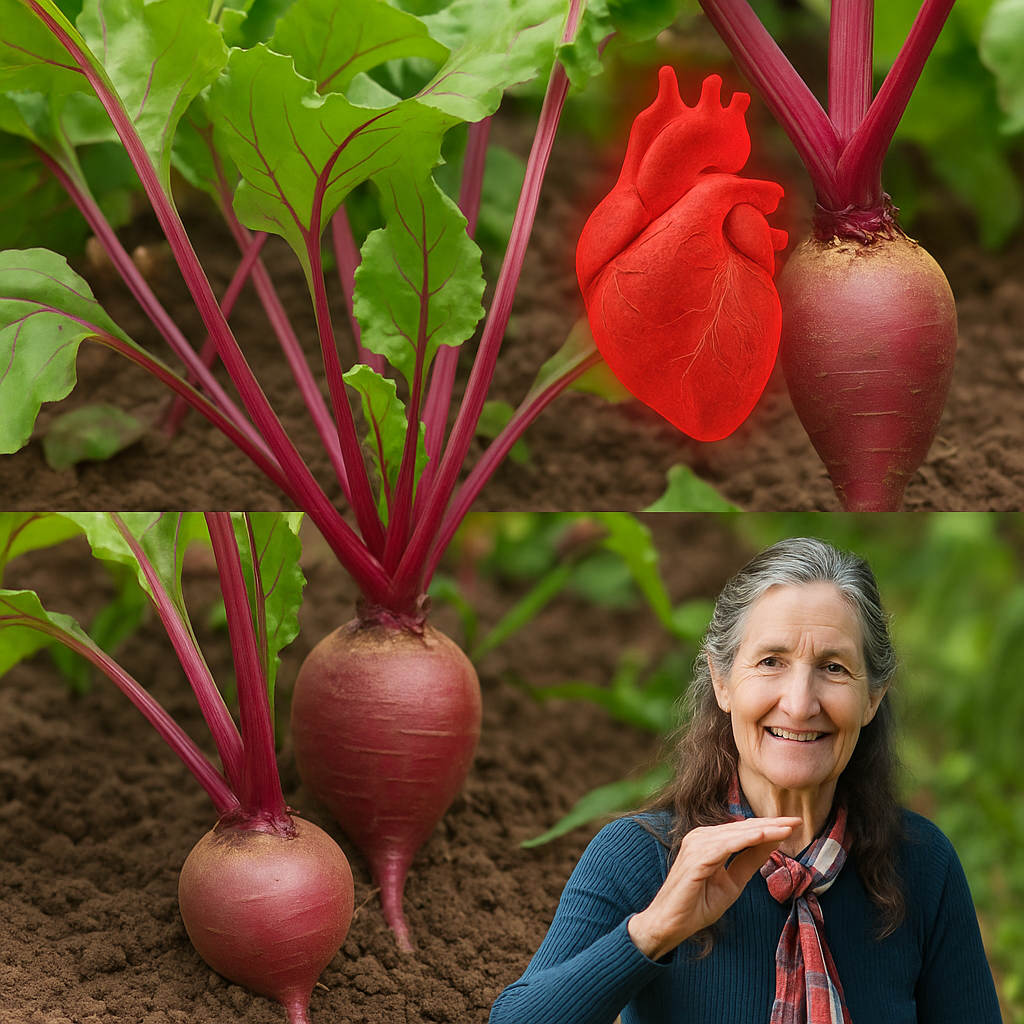
11. Dandelion Oil: Infuse dried flowers in olive oil for 2 weeks (1 cup flowers, 2 cups oil). Strain and use as a base for salves or moisturizers.
12. Dandelion Salve: Melt 1 cup dandelion oil with 2 tablespoons beeswax. Pour into tins for a soothing balm for dry skin or aches.
13. Dandelion Wine: Ferment 4 cups flowers with sugar, yeast, and water for 6–12 months. Enjoy a unique, floral wine.
14. Dandelion Mead: Brew 4 cups flowers with honey and yeast for 1–2 months. Bottle for a sweet, herbal mead.
15. Dandelion Bath Bombs: Mix dandelion oil with baking soda, citric acid, and essential oils. Mold and dry for relaxing, skin-soothing baths.
16. Dandelion Soap: Add dandelion oil and petals to a cold-process soap recipe for a gentle, herbal cleanser.
17. Dandelion and Fennel Kombucha: Ferment ½ cup flowers with fennel seeds in a kombucha batch for a fizzy, gut-friendly drink.
18. Dandelion Flower Dye: Boil 2 cups flowers in water, strain, and use to dye yarn or fabric a soft yellow.
19. Dandelion Shortbread Cookies: Add ¼ cup petals to shortbread dough or fill thumbprint cookies with dandelion jelly.
20. Dandelion Honey Marshmallows: Infuse honey with flowers, then whip into marshmallows for a floral, springtime treat.
Tips for Harvesting and Using Dandelions
🌼 Forage Safely: Harvest from organic, pesticide-free areas (e.g., untreated lawns, meadows). Avoid roadside dandelions due to pollution.
🕒 Timing: Pick flowers mid-morning on sunny days when fully open for maximum sweetness. Gather leaves early in spring for less bitterness.
🧼 Prep Properly: Rinse flowers and leaves thoroughly. Remove green sepals from flowers to reduce bitterness in culinary uses.
📅 Moderation: Use 1–2 cups of tea or small amounts in recipes daily to avoid diuretic overload or digestive upset.
🧊 Preserve Freshness: Store fresh flowers/leaves in a damp paper towel in the fridge for 3–5 days. Dry in a cool, dark place for long-term use.
🌿 Substitues: If allergic to dandelions, try stinging nettle or plantain for similar medicinal benefits.
Who Can Benefit from Dandelions?
Dandelions are ideal for adults aged 45–65 seeking natural remedies for digestion, inflammation, or skin health. They’re perfect for foragers, home cooks, or eco-conscious individuals aiming to support liver function, boost immunity, or create sustainable crafts. Whether managing chronic conditions, enhancing diets with wild foods, or fostering pollinator habitats, dandelions offer a versatile, cost-free solution for wellness and environmental enthusiasts.
Ecological and Nutritional Value
🐝 Supports Wildlife: Dandelions provide nectar and pollen for bees, butterflies, and birds. Leave some blooms for ecosystems.
🥗 Nutritional Powerhouse: Leaves and flowers deliver vitamins and minerals, rivaling spinach or kale. Roots support liver detoxification.
🌍 Sustainable Choice: Letting dandelions grow reduces chemical use, fostering healthier soils and biodiversity.
Precautions for Safe Use
While generally safe, dandelions require caution:
🩺 Medical Conditions: Consult a healthcare provider if you have gallstones, kidney issues, or allergies to Asteraceae plants (e.g., ragweed), as dandelions may exacerbate symptoms.
💊 Medication Interactions: Dandelions may interact with diuretics, blood thinners, or diabetes medications due to diuretic and hypoglycemic effects. Check with your doctor.
⚖️ Moderation: Limit intake (e.g., 1–2 cups tea daily) to avoid stomach upset or excessive diuresis.
🌿 Allergies: Rare contact dermatitis or oral allergies may occur. Test with a small amount first.
🤰 Pregnancy and Breastfeeding: Consult a healthcare provider due to limited safety data.
🧪 Topical Use: Patch-test dandelion oil or salve to avoid skin irritation.
Why Dandelions Stand Out
🌟 Dandelions are a golden bridge between nostalgia and modern wellness. Their vitamins, antioxidants, and ecological benefits rival superfoods, yet they’re free and abundant. From soothing salves to sparkling wines, their versatility sparks creativity, while their role in supporting pollinators makes them an eco-hero. For mature adults, dandelions offer a sustainable, empowering way to enhance health and connect with nature, proving that “weeds” can be wonders.
Embrace Dandelions Today
Don’t mow down those sunny dandelion blooms—harvest them for teas, jellies, or salves, and let their healing powers shine. Stain your fingers yellow, share a jar of dandelion syrup with a friend, and nurture your garden’s ecosystem. Forage safely, create joyfully, and let dandelions redefine your wellness and environmental routine. Here’s to vibrant health and golden moments, one dandelion at a time!
Disclaimer
This information is for educational purposes only and not a substitute for medical advice. Consult a healthcare provider before using dandelions, especially if pregnant, breastfeeding, on medication, or with health concerns.

